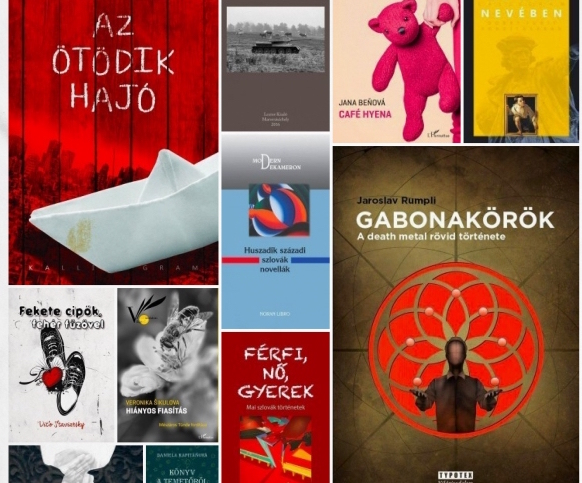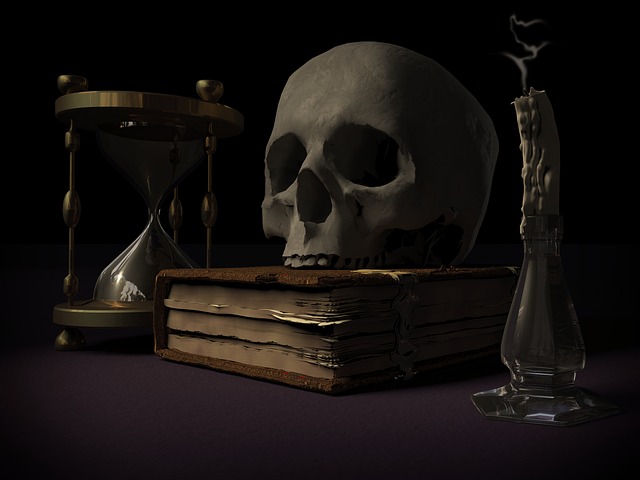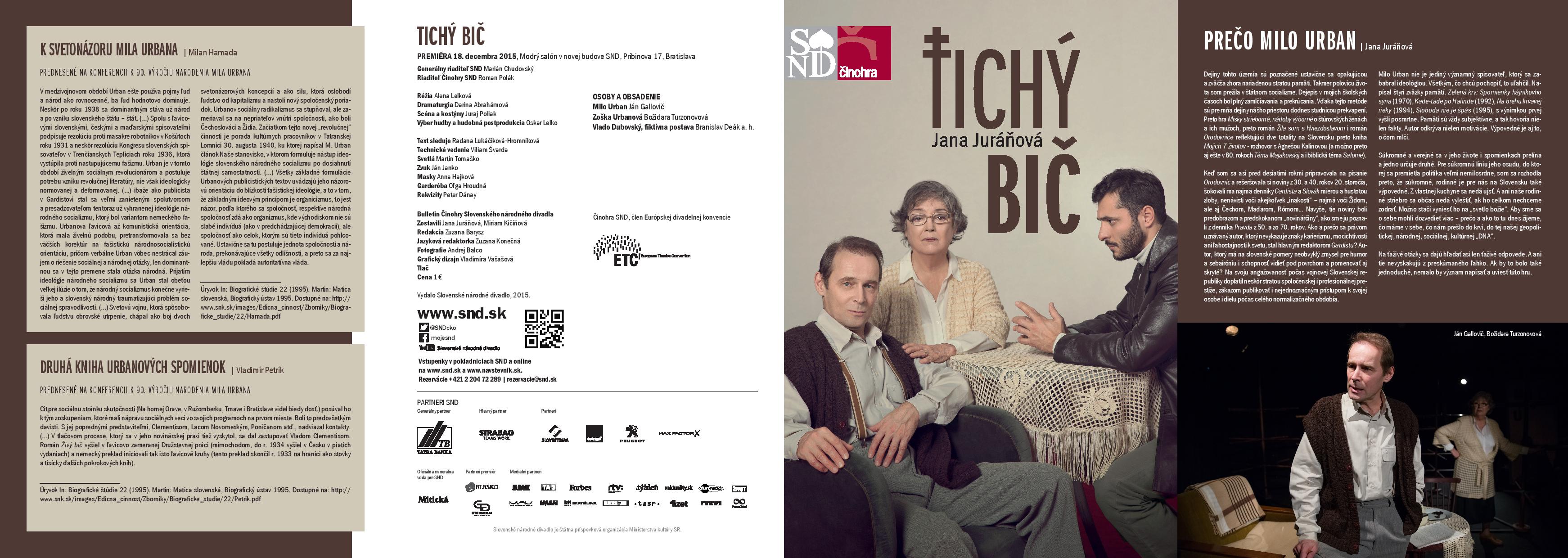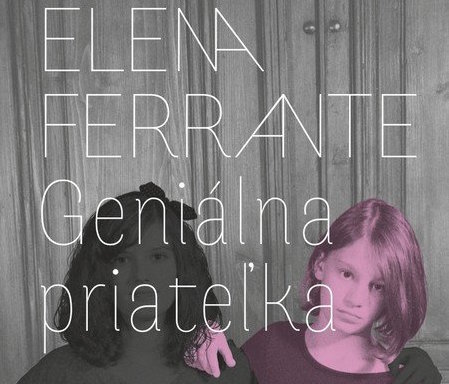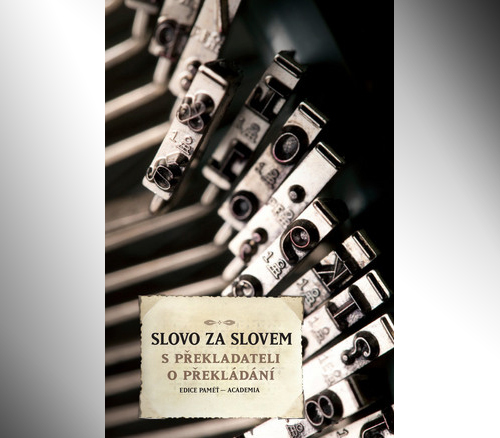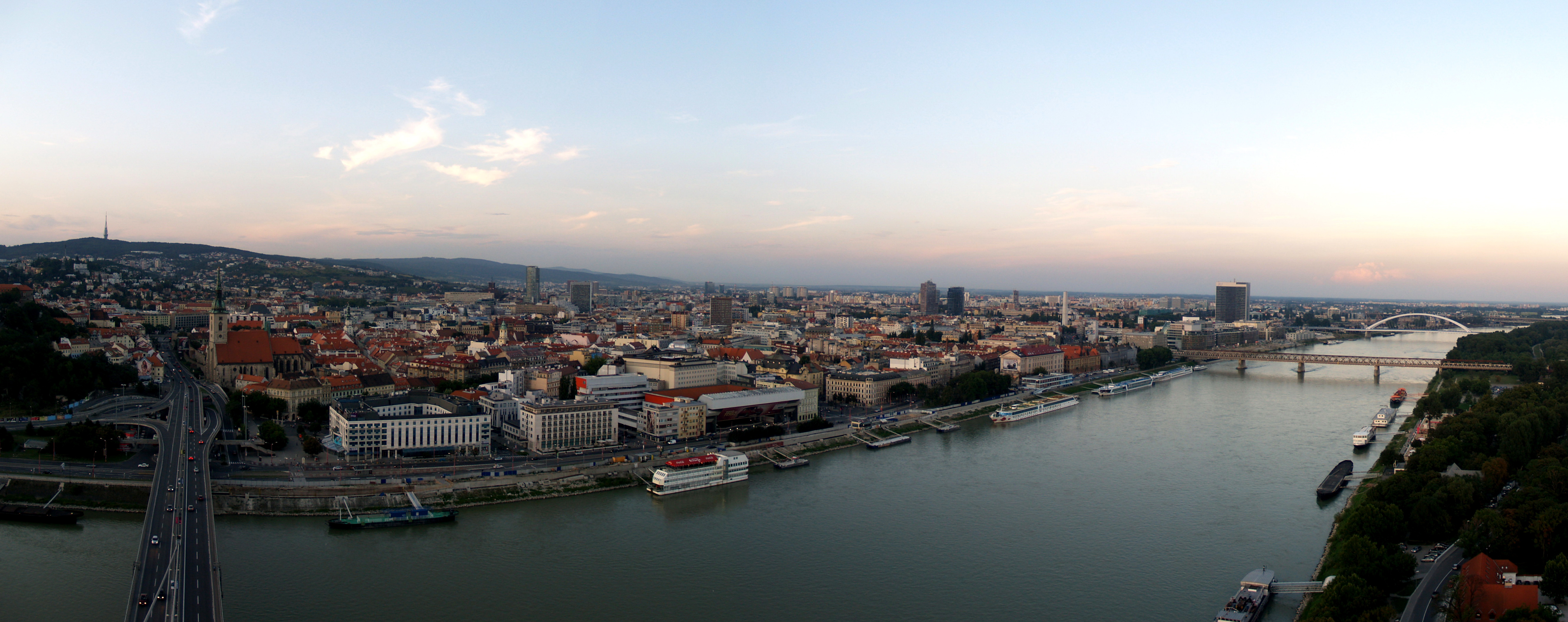The Asymptote world tour this time begins in Pakistan, with an update on the Punjabi literary scene from Janani Ganesan, Assistant Managing Editor. Then, we fly north, where Julia Sherwood, Editor-at-Large in Slovakia, shares the latest publications and literary events in Slovakia and the Czech Republic. Our last stop takes us southwest to Argentina, where Assistant Editor Alexis Almeida talks poetry festivals, feminism, and politics. Welcome aboard, and enjoy the ride.
Janani Ganesan, Assistant Managing Editor, with news from Pakistan:
It’s been 250 years since one of the most famous renderings of the Punjabi tragic romance came into being—Heer by Waris Shah, which remains an influence on Punjabi literature and folk traditions. But Punjabi has suffered as a consequence of marginalization during the colonial rule (when Urdu was patronized) as well as the 1947 Partition between India and Pakistan, when (Punjabi-speaking) Sikhs were forced to leave their homeland in Pakistani Punjab (while Urdu and Muslims were expunged from India).
Amidst a growing Punjabi literary movement to correct this historical wrong, Asymptote encountered a reading club in Lahore dedicated to and named after this legendary text—the Heer Study Circle.
Ghulam Ali Sher, co-founder of the group, shares its purpose with Asymptote: “to inculcate an interest for Punjabi reading among university youth; to do away with the religiously-oriented sufistic reading of such Punjabi folktales for a more pluralistic and people-oriented interpretation; and to trace the socio-economic patterns of pre-colonial Punjab through popular historical sources, like this folktale, against the biases of mainstream historiography.”


